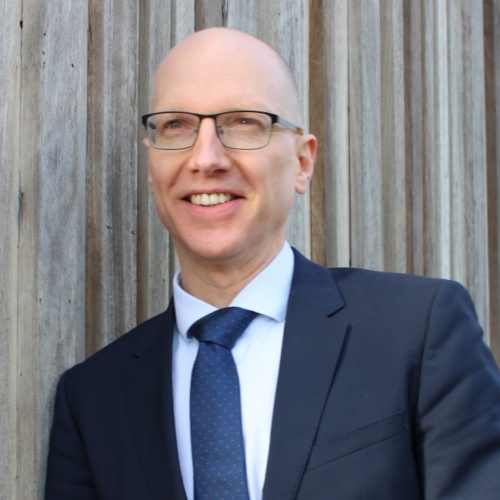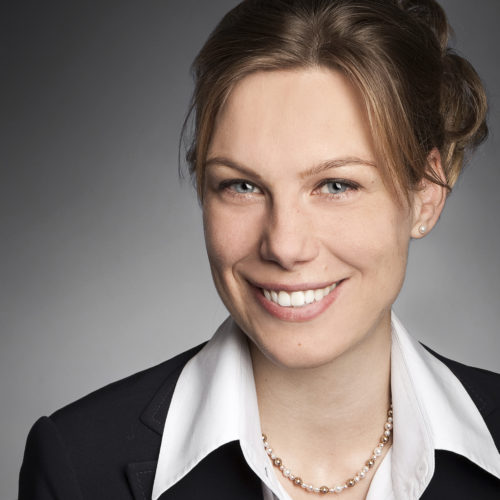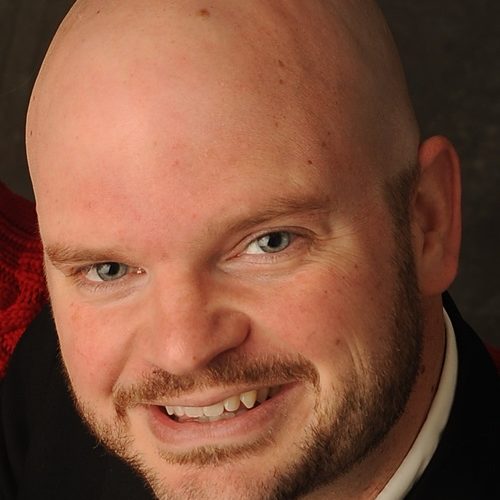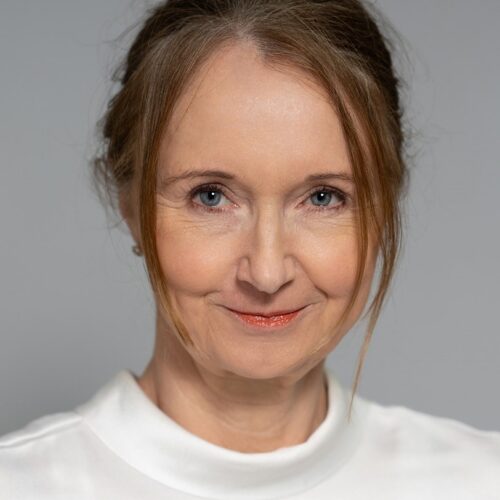F: KITE: Knowledge, Innovation, Technology and Entrepreneurship
Network F accepts 750-word abstracts (deadline December 16 2024) for the 2025 SASE Conference in Montreal (9-12 July 2025).
Network F will organize two virtual sessions during the virtual conference days (1-3 July 2025), as well as a hybrid session during the on-site conference in Montreal (9-12 July 2025).
Submissions can be made through the usual process, details here: https://sase.org/event/2025-montreal/#submission-guidelines
Call for papers
Network F focuses on innovation and entrepreneurship as well as its underlying technologies and knowledge sources. We welcome papers from a variety of perspectives, including institutional, strategic, managerial, ethnographic, historical, and behavioural approaches. These may pay attention to the variations of knowledge, innovation, technology and entrepreneurship across cities, regions, and countries. We are keen to advance new research methods, including the use of artificial intelligence, machine and deep learning, automated text and visual analyses, big data analysis and ethnographic approaches. To advance our understanding in these areas, we call for papers asking:
- How have, or how can, innovation policies or programs address grand societal challenges like climate change, rising inequalities, or digitalization?
- Are the politics and policies of innovation, entrepreneurship and digitalization shifting toward new paradigms in the current era? If so, how and why – and with what effects?
- How have innovation and technological developments, as well as entrepreneurship and digitalization affected (or been affected by) national models of capitalism?
- Which institutions shape the emergence of innovation or entrepreneurial ecosystems? As well as social innovation and social entrepreneurship, digitalization, and knowledge work?
- How do firms’ management and strategies enhance innovation or entrepreneurship?
- How does the platform economy contribute to or alter the dynamics of innovation?
- Are university-industry linkages changing in character or importance in innovations systems? How, and with what effects, are universities adapting practices to enhance entrepreneurship and innovation?
- What new methods are available to study innovative dynamics? Given that in some nations, regions, or firms, researchers have limited access to the field, are there new models or methods – like the use of AI – that can be effectively employed to study innovation dynamics?
Our network welcomes proposals for single paper submissions, or for panels. We do not, at this stage, require complete papers to be submitted; all you need to do is submit an extended abstract of no more than 500 words.
Please submit proposals through the links found here: https://sase.org/event/2024-limerick/#submissions
Matthew Allen (Matthew.Allen@mmu.ac.uk)
Andrea M. Herrmann (Andrea.Herrmann@ru.nl)
Matthew R. Keller (mkeller@mail.smu.edu)
Cornelia Storz (storz@wiwi.uni-frankfurt.de)
Janet A. Vertesi (jvertesi@princeton.edu)
* * *
The following interview with Network F organizers Matthew Allen and Matthew Keller was conducted by Emma Greeson, a PhD candidate in Sociology at UC San Diego.
When was your Network founded?
Matt Allen: Good question and we are not entirely sure. I think that it has been around since at least 2001, when I first went to a SASE conference.
Were you among the founders? Briefly, what was the genesis of the Network?
Matt Allen: I think that Sigurt Vitols was the founder of the Network—or at least he was the organizer of it when I started going to SASE conferences. Presumably, the rationale for the Network is to provide a more micro- or firm-level approach to the study of capitalism. Knowledge, technology, and innovation all add to the dynamism of capitalism; moreover, there is important variation in the types of knowledge, technology, and innovation that firms help to generate. Understanding how the institutions of various types of capitalism both shape and are shaped by that diversity are important to explaining developments in, for example, worker rights, (in)equality, political views, and firms’ location decisions. Dr. Knut Lange, Prof. Florian Becker-Ritterspach, and Dr. Geny Piotti took over from Sig in 2008. Geny left as a Network co-ordinator in 2011 when I joined. Knut and Florian left as co-ordinators in 2013 (I believe), when Matt Keller joined.
What academic disciplines are most represented in your Network?
Matt Allen: Just like the fields of innovation and technology studies, we have a wide range of disciplinary backgrounds represented. But the three most common are probably sociologists, political scientists, and economists, with a strong representation of scholars based in business schools.
How has the focus of the Network changed over time?
Matt Allen: The Network has become more policy focused and many of the contributions to it address issues relating to inequality and policymaking. The focus of the Network has therefore shifted away from narrow technology issues towards the implications of innovation for workers, voters, and policymakers. This shift, I think, marks out Network F from other academic meetings on technology and innovation. We still welcome papers with a tighter focus on technology and innovation as understanding the processes and institutions that structure those developments is important to explanations of macro-level change.
Matt Keller: I’ve only been a Network organizer for a few years, but even over that time, policy-centered issues seem to me to have become more central to the kinds of papers we have received. To be sure, that may also be related to conference themes – like 2016’s emphasis on moral economies and 2015’s emphasis on inequalities – but it seems to me that since the financial crisis, there has perhaps been more of a political opportunity, and a greater interest in engaging with new strategic and policy paradigms in issues related to innovation, economic growth, and their effects. That manifests itself in papers that explore governance issues related to innovation and the knowledge economy at both the national and regional levels, as well as within firm strategies. It’s certainly not the only or even the main focus of the Network, but it seems to be a stronger strain than when I started.
What are some of the most important issues or themes that have guided your Network in recent years? What do you think will be central in the next few years?
Matt Allen: I think that assessing how innovation feeds through into bigger, broader political outcomes will be important. At the moment, there is a challenge to relate micro-level decisions and outcomes to broader economic, social, and political outcomes. In a sense, we are all aware of the impact of technological developments on our lives, but our ability to explain how institutions help to structure and link decisions within (groups of) individual firms to national and international developments is limited.
What do you get from SASE and this Network in particular that you do not get at other conferences that you attend?
Matt Allen: It’s probably cliché to say, but I really value the ability to get to know people working in the field in a more engaged and ongoing way – and I think that’s easier to do that at SASE conferences where there is a cluster of people working on similar topics, and where you cross paths with many of the same people from year to year. Second, because we have many more topically-related sessions, we can often develop a cross-session dialogue that continues outside of sessions – at least with a core group of regular attendees, which I’d like to see continue to grow. Third, it’s a really great way, for me, to see the work of up and coming scholars developing new ideas and approaches. There are several cases where I’ve been made aware of an intriguing line of work several years before it becomes more widely recognized. So the Network helps me keep up with multiple research streams, and in many cases makes me aware of new trends. Fourth, because SASE has such an international membership and a diversity of scholars, we really do get to more routinely engage in more cross-national, comparative discussions than I usually find at the more domestically-oriented conferences I attend.
Is there anything about this Network and its dynamics, frameworks, orientations, or central issues that make it different from other Networks?
Matt Allen: I just think this is a really exciting time to be engaged in research and debates about innovation, knowledge, and technology development. It’s clear from the scholarly literature that the dynamics of generating innovative technologies have changed, particularly since around the early 1980s – which has given rise to intriguing new questions and answers about various aspects of those dynamics. And as new technologies continue to both emerge and be adapted for new purposes, both the mechanics of those processes and their socio-economic implications seem to me to be increasingly central to a range of academic and policy debates – whether it’s the effects of advanced robots and artificial intelligence, or on how technologies are shaping things like consumption, politics, firm strategies, and patterns in inequalities.
What would you want people to know about your Network?
Matt Allen: We are an interdisciplinary Network and we seek to synthesize the contributions from a range of fields, including innovation, economic sociology, business and management, politics, and economics. We offer a supportive and collegiate environment to help contributors hone their papers and, hopefully, increase their chances of seeing their papers in good journals.
What is your most recent book?
Matt Allen: I am based in a UK business school. Business schools here do not, in general, encourage book publishing – institutions and knowledge generation and all that. My latest theoretical piece on the socio-economics of innovations is: Allen, M. M. C. (2013) ‘Comparative Capitalisms and the Institutional Embeddedness of Innovative Capabilities’, Socio-Economic Review, 11, 771-794.
Matt Keller: State of Innovation: the U.S. Government’s Role in Technology Development (edited with Fred Block). Fred Block, Marian Negoita, and I are also working on a new book, tentatively titled Innovation in the Post-Industrial Era, that is focused on the developmental network approach the U.S. government has taken toward energy innovation. Well, at least until the Trump administration. At this point it’s very difficult to tell precisely what the direction of U.S. policy will be – and I hope we’ll start to see some papers trickling into the Network on that subject.
Anything else you’d like to add?
Just a warm invitation to colleagues to submit papers or consider organizing a relevant session through our Network – which we’re more than happy to discuss or supplement, if need be.



